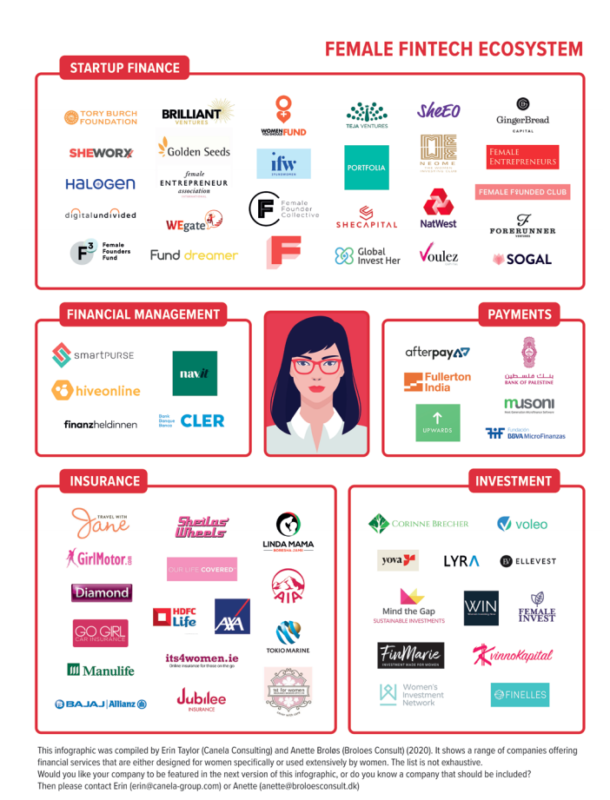
This is a guest post written by Shannon Flynn, managing editor at ReHack.com.
Voice recognition technology is experiencing something of a golden age right now. You can control virtually anything with your voice now, from your lights to your TV to your phone. As these technologies keep improving, their applications in banking grow more promising.
Voice tech encompasses a range of technologies that involve recognizing and responding to users’ voices. The potential for these services in the financial industry is immense. You could use your voice to log into your bank, make withdrawals or ask for financial advice.
The advantages of voice tech for banks are impressive, but there are still some roadblocks ahead. Here’s a closer look at three benefits and three drawbacks of the technology.
Benefits
Roughly 111.8 million Americans use voice assistants at least monthly. That’s more than a third of all internet users in the country. The American public is already comfortable with these technologies, so bringing them to banking is a natural next step.
Banks shouldn’t adopt voice tech just because people would use it. Thankfully, the technology has benefits beyond high adoption rates. Here are three of the most significant.
1. Streamlined Banking
Think of how easy voice assistants like Alexa and Google Assistant make routine tasks. You can check the weather, read your messages and hear the news without lifting a finger. Banks can bring those same benefits to their user experience by integrating voice technology into their apps.
Users could make a deposit or withdrawal by merely asking their phones to do so. Mobile banking allows people to perform routine actions in less than three minutes on average. Voice tech could shorten that to a few seconds since users wouldn’t have to press any buttons.
2. Increased Accessibility
Mobile apps made banking more accessible than ever, but the industry can still improve. You still need to have full function of your fingers to work these apps, which can be a barrier to some users. Voice controls can allow more people to experience the convenience of banking apps.
VOIP will also gain some next-gen improvements in the next few years due to 5G. For instance, more banks may achieve faster, unified communication with the help of voice-to-text functionality and faster networks. With the VoIP market gaining $35 billion by 2025, we will most likely see additional innovation for these communication systems.
Voice tech gives users more options, which makes banking services more appealing to consumers and businesses alike.
3. Biometric Security
Voice commands aren’t the only application of voice tech in banking. Banks could also use this technology to as another layer of biometric security. Since voice assistants can differentiate between voices, they can use your voice to verify your identity.
Unlike with passwords and PINs, you can’t steal biometrics. This security advantage is why fingerprints and facial recognition have surpassed passwords, and voice recognition adds another layer of security. With all of these options, banks could offer biometric multi-factor authentication.
Drawbacks
Despite these advantages, there are still some downsides to voice tech in banking. As much as these technologies have improved, they’re still relatively new and far from perfect. As such, there are a few risks that come with their adoption.
These disadvantages will likely fade as voice technologies improve. At the moment, though, they may dissuade some users from using voice services, making them less profitable for banks. Here are three of the most prominent of these drawbacks.
1. Privacy Concerns
Voice technology may increase security, but it also raises questions about privacy among some users. According to a Microsoft report, 41% of voice users are concerned about issues like passive listening. People may not use banks’ voice tech out of fear that someone may be listening.
Even if users don’t interact with voice recognition features, they may turn away because of them. People may worry that banking apps always listen to them, even while they’re not using voice features. If banks can’t assure people that their privacy is safe, these features could repel users.
2. Faulty Voice Recognition
There are still some lingering concerns about how accurate voice recognition technologies are. A 2017 study found it takes just two years for your voice to change enough that these systems won’t recognize it. Recognition errors could lock people out of their bank accounts, causing unneeded complications.
In fact, foreign language barriers don’t just exist between humans. When you’re dealing with finances, any translations errors could be costly. If your system misunderstands your voice commands, it could make unwanted transfers or deposits. Voice recognition has to be almost perfect for banks to use it extensively.
3. Regulatory Complications
Any financial institution has to comply with strict regulations, and voice tech could be an issue here. Right now, there aren’t any standards for how banks can or should use this technology. The legal ambiguity could cause banks to run into some complications while using these services.
Finding out how voice tech fits into existing regulations could be a headache. Working through these gray areas could be more trouble than it’s worth to many institutions.
Voice Tech Is Promising but Imperfect
The efficiency and security of voice technology is enticing for financial institutions. Still, many banks may avoid the technology right now due to its current drawbacks. More firms will embrace it as the technology improves, but that could take a few years.
Voice tech today is far from perfect, but it does have potential. With further advancement, it could revolutionize digital banking.
Shannon Flynn is a technology and culture writer with two plus years of experience writing about consumer trends and tech news.
Photo by Mason Kimbarovsky on Unsplash

























